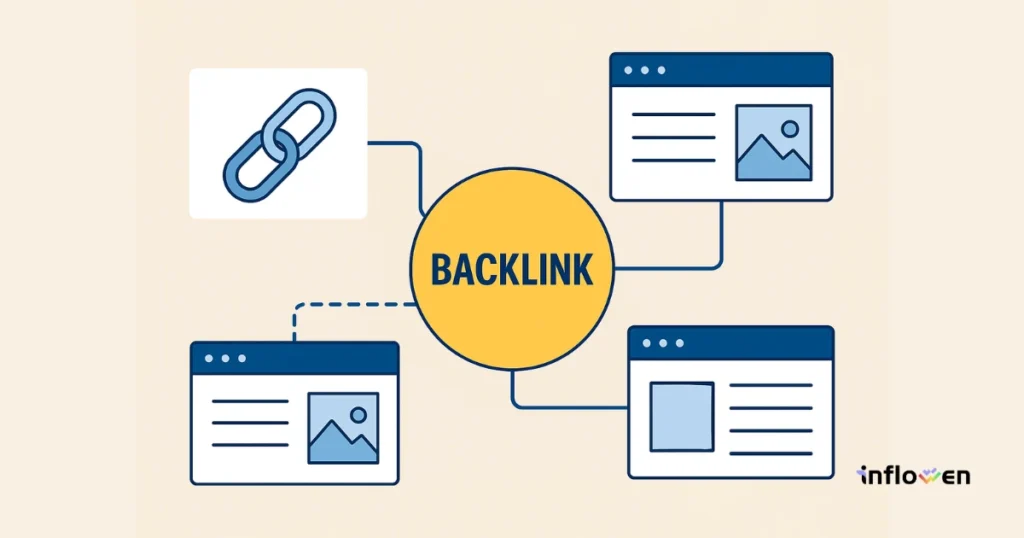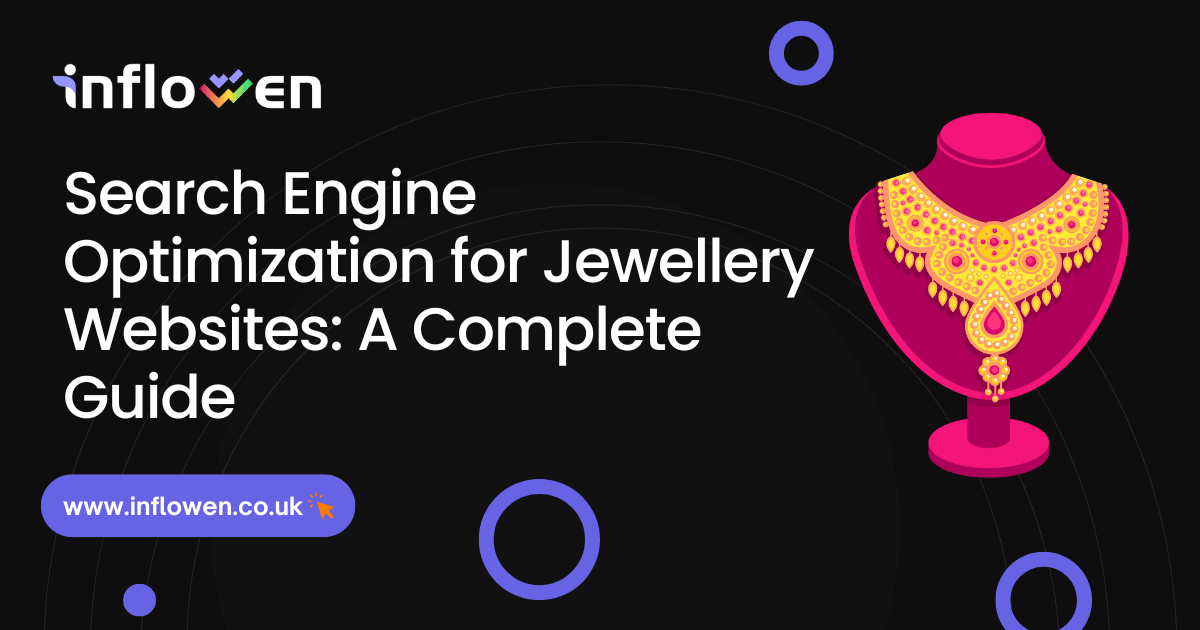Backlinks have long been a cornerstone of SEO, and in 2025, they remain as crucial as ever. The short answer is yes – backlinks still significantly impact how well a site ranks.
Studies show that the “#1 Google result typically has far more backlinks than lower-ranked pages“, highlighting their effect on rankings. SEO experts agree – one panel gave a “resounding yes” to backlinks’ continued importance.
Backlinks (links from other websites to yours) essentially act as votes of confidence for your content. Earning quality backlinks boosts your site’s authority, credibility, and organic traffic.
This article explores what backlinks are, their importance, their benefits (like higher rankings and domain authority), the various types (including natural, guest post, and .edu backlinks), and proven methods to create them through a smart backlink strategy. We’ll also cover how to assess backlink quality, the risks of spammy links, and the role of backlinking software in managing your link profile.
Finally, we address whether you can rank without backlinks, the typical link-building cost, and whether buying links is safe or a shortcut to avoid. By examining expert insights and recent data, you’ll see why backlinks remain a vital SEO factor – and how to leverage them effectively.
Table of Contents

What are Backlinks?
Backlinks (also known as inbound or incoming links) are hyperlinks from one website pointing to another website. In SEO, a backlink serves as a vote of confidence in the receiving page’s content. Search engines like Google interpret these links as indicators of authority, relevance, trustworthiness, and popularity, which can help boost the linked page’s ranking position in the search results.
Backlinks influence SEO rankings by passing authority and trust between sites. Google’s algorithm uses backlinks as votes, so pages with more high-quality backlinks tend to rank higher. Quality backlinks can improve a site’s domain authority, help search engines discover new content faster, and contribute to relevance through anchor text. In short, backlinks remain a key ranking factor for search visibility.
Why Backlinks are so Important?
Backlinks remain one of the most important ranking factors in SEO. They were the foundation of Google’s original PageRank algorithm and still heavily influence how search engines evaluate websites. Studies consistently find that “pages with robust backlink profiles rank higher than those without“. “Around 85% of marketing professionals say link building will remain a core SEO strategy for the next five years“.
Experts emphasize that it’s not just quantity but the quality of links that matters. Jess Repetti notes that backlinks from reputable, relevant sites boost your site’s credibility and help your pages outrank competitors. Similarly, Heleana Neil calls backlinks “essential references” that prove your content’s authenticity to Google. When authoritative sites vouch for you, it signals trust, translating into higher rankings.
Do Backlinks Influence Domain Authority or Page Authority?
Yes – backlinks heavily influence both Domain Authority (DA) and Page Authority (PA). These Moz-developed authority scores are calculated largely from the quantity and quality of a site’s backlinks. Earning high-quality backlinks from authoritative sites will raise your DA/PA, whereas a profile full of spammy or low-quality links can drag those scores down.
How Do Backlinks Affect Google Rankings?
Below, we talk about how backlinks affect Google rankings.
- Passes Link Equity: Backlinks transmit “link juice” (ranking authority) to your pages. High-quality backlinks from strong sites directly boost your page’s ability to rank higher in Google.
- Signals Trust & Authority: When reputable websites link to yours, it signals to search engines that your content is valuable and credible. This trust factor can improve your site’s ranking potential.
- Faster Indexing: Search engines discover new pages faster via backlinks. If a high-authority site links to a new page on your site, Google’s crawlers will find and index that page more quickly.
- Anchor Text Relevance: Backlinks often come with anchor text. Relevant, keyword-rich anchor text helps search engines understand your page’s topic and may influence which queries your page ranks for.
- Referral Traffic: Backlinks drive direct referral traffic from other websites. Visitors clicking those links can increase your page’s engagement metrics, which indirectly benefits SEO.
- Competitive Advantage: A strong backlink profile gives you an edge over competitors. If your site has more quality backlinks than a rival’s, you’re more likely to outrank them (assuming content quality is comparable).
Can You Rank Without Backlinks?
It is technically possible to rank on Google with zero backlinks, but only in very limited scenarios. Pages targeting low-competition queries or local niche keywords can sometimes achieve high rankings based on content quality alone. In most cases, though, backlinks are a pivotal factor for climbing the SERPs. In competitive niches, a strong backlink profile is essentially required to contend for top positions.
Google’s John Mueller has suggested that the influence of backlinks may drop off with time, and one industry survey found “70% of SEO professionals believe high-quality content alone can sometimes rank a page without backlinks”. However, these cases are exceptions – for most sites, earning relevant backlinks remains critical to reach and sustain top rankings.
What Are the Types of Backlinks?
The types of backlinks are listed below.
- Natural Editorial Backlinks: Organic links given by other websites without your direct involvement. These occur when someone finds your content valuable and references it in their own article or page.
- Guest Blogging Backlinks: Links gained by contributing content to other websites or blogs. For example, when you write a guest post for another site, you typically can include a link back to your site (often in the author bio or body).
- Directory & Business Listing Backlinks: Links from online directories, local business listings, or profile pages (think Yelp, Yellow Pages, or industry directories). These backlinks help establish your web presence (especially for local SEO), though they are generally lower in SEO weight.
- Forum and Comment Backlinks: Links created by engaging on forums, blog comment sections, or Q&A sites. For instance, you might include your website link in a forum post or a blog comment where relevant. These are usually nofollow (and low-value), but they can drive niche referral traffic.
- Educational Backlinks (.edu): Backlinks originating from educational institution websites (with a .edu domain). Because .edu sites are highly authoritative, getting an .edu backlink (say from a university resource page or an .edu blog) can significantly boost your site’s credibility.
How to Determine Quality Backlinks?
To determine quality backlinks, follow these terms that are listed below.
- Authority of the Source: Check the Domain Authority (DA) or Domain Rating (DR) of the linking site. The best backlink sites in your niche will typically have high DA/DR and strong reputations – in fact, “65% of marketers consider a domain’s authority the top factor in backlink quality”.
- Relevance: The referring site should be relevant to your industry or content topic. Backlinks from websites in a similar niche carry more weight than those from unrelated sites.
- Site Trust & Traffic: Quality backlinks typically come from sites with real user traffic and a trustworthy reputation. A link from a popular, well-respected website will generally be more valuable than one from a low-traffic or unknown site.
- Anchor Text & Placement: Context matters. Backlinks placed naturally within content (with descriptive anchor text) are higher quality than links in footers or sidebars. The anchor text should be relevant to your page; spammy or irrelevant anchors can reduce link quality.
- Follow vs. Nofollow: Dofollow links pass on ranking credit, whereas nofollow (or sponsored/UGC) links are tagged for search engines to ignore. A quality backlink profile will mainly have dofollow links from reputable sites, though a natural mix of nofollow links is normal.
What are the Risks of Creating Low Quality Spammy Backlinks?
The risks of creating low-quality spammy backlinks are listed below.
- Google Penalties: Manipulative link schemes and spammy backlinks violate Google’s guidelines. If you’re caught, Google can penalize your site, even removing it from search results in severe cases.
- Lost Rankings: At best, low-quality backlinks get ignored by Google’s algorithms; at worst, they drag down your rankings. Spammy links don’t add real value and can dilute your site’s overall authority.
- Wasted Effort: Time or money spent creating hundreds of spam links is wasted – search engines now filter out most low-quality links. You could invest heavily in bad backlinks and see zero positive impact (or even negative impact).
- Reputation Damage: A backlink profile filled with shady websites can hurt your brand’s credibility. It may signal to others (and to search engines) that your site engaged in black-hat SEO tactics, undermining trust.
- Cleanup Hassle: If spam backlinks do trigger a penalty or SEO issues, you’ll need to clean up by disavowing links or filing reconsideration requests. This recovery process is tedious and can take months to restore your rankings.
What are Some of the Ways to Build SEO Backlinks?
A well-planned link-building strategy uses multiple approaches. Here are several effective ways to build SEO backlinks:
- Publish Link-Worthy Content: Create high-quality, unique content that people naturally want to link to (e.g. comprehensive guides, original research, infographics). If your content provides exceptional value, other sites will be inclined to reference it with backlinks.
- Guest Blogging: Contribute guest posts to reputable blogs or publications in your industry. In return for your valuable content, you’ll usually get to include a backlink to your site, typically in the author bio or within the content when relevant.
- Broken Link Building: Hunt for broken links on other websites in your niche (using SEO tools) and reach out to suggest your content as a replacement. You help the webmaster fix a dead link, and you gain a backlink in exchange.
- Skyscraper Technique: Find a popular article or resource in your niche, then create an even better, updated version of it. Reach out to the sites that linked to the original piece and show them your improved content – many may swap in your link if they find it more valuable.
- Leverage Partnerships: Use your business relationships to earn links. For example, ask partner companies, suppliers, or clients to mention and link your site on their websites (such as on a testimonials page or partner list). Industry associations or memberships can also provide backlinks via member directories.
- Directory Listings: Submit your website to relevant directories, business listings, and review sites. Focus on quality directories (and local directories if applicable). These links provide a baseline of credibility and can drive referral traffic, even if their direct SEO impact is modest.
How to Create a Link Building Strategy for an E-commerce Website?
For e-commerce websites, link building targets both general site authority and individual product pages. Strategies include securing backlinks from manufacturers or brand partners (e.g. having your supplier link to your store), earning product reviews or mentions on industry blogs, and publishing shopping guides or resources that attract links. (For more details, see our dedicated link-building strategy guide.)
What are the Best SEO Tools to Check Backlinks?
SEO professionals use specialized backlink SEO tools (backlinking software) to analyze and monitor link profiles. Some of the best tools for checking backlinks include:
- Ahrefs: A popular paid platform with a massive backlink index. Ahrefs shows you all your referring domains, backlinks, and anchor texts, and it assigns a Domain Rating (DR) score to gauge site authority. It’s great for competitive backlink research, too.
- SEMrush: An all-in-one SEO suite that includes backlink analytics. SEMrush lets you audit your backlink profile for toxic links, track new and lost backlinks, and compare your link metrics against competitors.
- Moz Link Explorer: A backlink checker by Moz that provides metrics like Domain Authority (DA) and Page Authority for your links. Moz Link Explorer helps you find new backlinks, analyze anchor text, and evaluate the strength of your link profile.
- Majestic: A dedicated backlink analysis tool famous for its Trust Flow and Citation Flow metrics. Majestic offers a deep dive into your backlink quantity and quality, and even visualizes your backlink network with diagrams.
- Google Search Console: A free tool from Google that allows you to see your site’s backlinks. In the Links report, you can identify your top linking sites and pages. It’s limited in detail but gives a trustworthy snapshot of how Google sees your backlinks.
Is It Safe to Buy Backlinks?
No – buying backlinks is not considered safe for SEO. This tactic violates Google’s guidelines, and getting caught can lead to serious penalties, even removal from search results. While some people still pay for links, it’s a risky strategy. Paid links are often low-quality or easily detected by algorithms. The potential penalty far outweighs any short-term benefit, so it’s best to focus on organic link building instead.
How Much Does Link Building Cost?
Link building can require significant investment, whether in time or money. If you outsource or buy links, surveys indicate the average cost of a single backlink is around $360, though high-end backlinks on premier sites can run $1,000 or more. Monthly link-building services or campaigns may range from a few hundred to several thousand dollars. (For a detailed breakdown, see our link-building cost guide.)
Tusar Ahmed is the Founder and Senior SEO Specialist at Inflowen. With over seven years of hands-on experience in SEO, local search optimisation, and keyword strategy, he simplifies complex digital concepts into engaging, actionable insights.
Tusar has worked on 250+ projects across the UK and beyond, helping businesses of all sizes improve their search visibility and achieve measurable growth. His writing blends technical expertise with a clear, approachable tone—making SEO feel both accessible and results-driven.
Follow his content for a fresh, practical perspective on ranking better, reaching the right audience, and staying ahead in the ever-evolving digital landscape.



